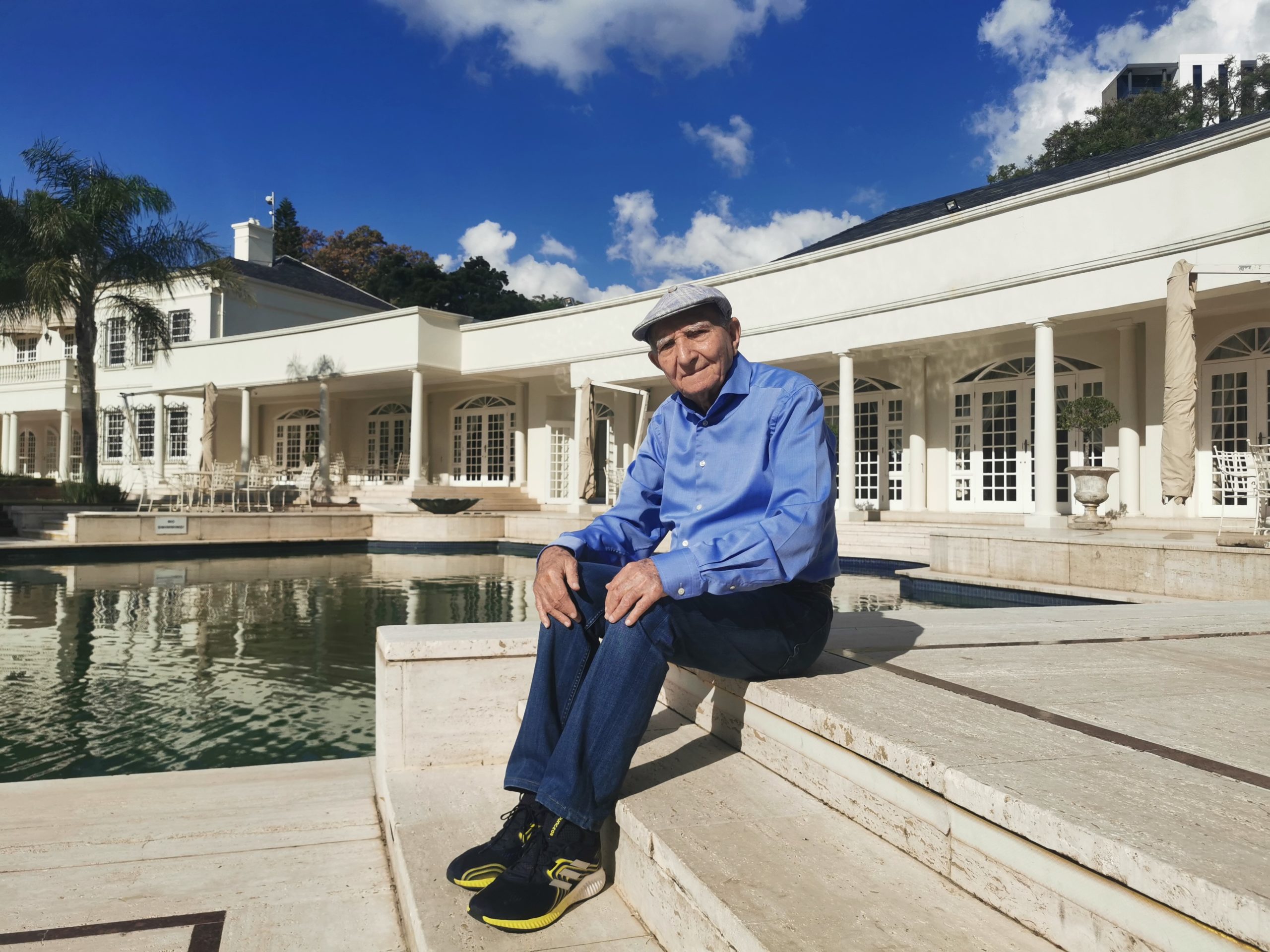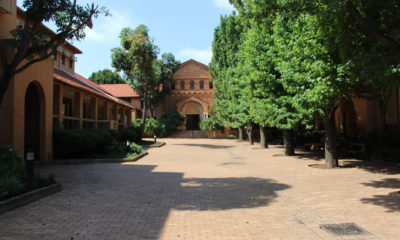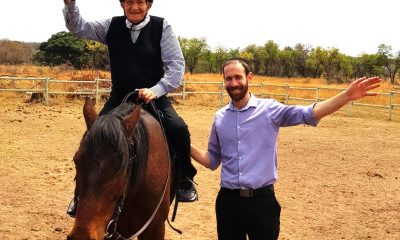
Featured Item

End of season for Summer Place
When the well-known Johannesburg businessman and philanthropist, Solly Krok, first heard that the iconic Johannesburg property, Summer Place, was going on auction in 1994, he didn’t tell a soul he was going to bid for it.
“I was alone when I bought it, and I was alone when it was sold last week,” he says. “It’s been a 28-year saga!”
Indeed, though Krok made the decision to buy it alone, the venue has been the opposite of lonely, providing a space for people to come together to celebrate milestones, hold events, and gather for conferences. For the Jewish community in particular, it has been a centre point for celebrations and simchas.
The property was originally developed for “oil baron” Marino Chiavelli in 1984.
“He was an absolute perfectionist. I witnessed expensive Italian tiles being ripped up because they were literally millimetres too low,” says Elmarie Dell (Myburgh), who managed the estate for him.
“To think he never lived in the main house,” she says. “The media refers to the ‘cottage’ where he lived, but the ‘cottage’ is a three-bedroom house. The gardens were far more colourful and beautiful back then. He loved his huge rose garden. It was very special. There were 15 gardeners to take care of every detail.
“When he was abroad, we had lots of fun. While at home, we were all on our best behaviour!” she says. “We used to have either sole or kingklip for lunch every single day. By Friday, I would tell him that I had had enough of fish and he would agree that the chef could make anything for lunch, but it had to be roast chicken, fillet, or prawns. His definition of ‘anything’.
“We met interesting people from government to negotiate oil deals,” she says. “Chiavelli always insisted on toasting a glass of pink champagne after a deal and the meetings usually ended at 15:00 or 16:00. They always declined, and I would continue to open a bottle because Chiavelli didn’t take no for an answer. He simply ignored them.”
“Do I ever want to be as wealthy as that? Never. You never know who really cares about you. I always told him the truth. That’s probably why we used to fight like brother and sister, although he needed it in a world where everyone just agreed with him.”
Krok came into the picture when, he recalls, “One day, I saw an advert promoting the auction. Intrigued, I decided to attend on my own. It had a mystique about it.” Later, after he won the auction, Nelson Mandela phoned him, asking him to give the property to the ANC [African National Congress]. He declined.
The 93-year-old Krok says the condition of the sale was that the property would be auctioned off in three offerings. “Offer one was the parking lot. The second was the house plus the statue by [well-known South African sculptor] Danie de Jager. The third was the aggregate of the first two bids as a starting bid. A further condition was that the winning bidder would be subject to a three-week confirmation acceptance by the trustees of the estate.”
He decided not to bid until he knew the aggregate of the first two bids. “Representing a Dubai buyer were three gentlemen dressed in black with top hats accompanied by a man holding a large screen with an aerial to communicate with the Dubai bidder. It was a forerunner of the cell phone.
“The third bid commenced at R5.6 million with bids of one hundred thousand reaching R6.2 million. I decided to enter the fray. Slowly, the bidding pattern started to change, with active bidders dropping out. I dropped to R50 000 bids and with the total at R6.5 million, I was declared the winner.”
Krok didn’t wait for the contents and furniture sale. He was in a hurry to tell the news to his twin brother, Abe. “The media surrounded me like a hungry pack of wolves. I eluded them, but when I arrived to tell Abe, I was surprised to see that he had been bombarded by phone calls and had already heard the news,” he says.
In the three-week wait for confirmation, overtures were made by the losing bidders looking for a deal. “I got a call from my attorneys to say they had had a bid of R12.5 million from attorneys representing a client. I had until 17:00 on Friday to increase the counter-bid. I was shocked as I had won the auction fair and square. I didn’t sleep. The next day at about 16:00, I jokingly instructed my attorneys to up the offer by R100. To my surprise, they reported back that the bidder hadn’t upped the R100 increase, with the comment that they ‘don’t want to play ping pong with Solly Krok’. The rest is history.”
Krok turned it into the successful venue it has been for the past few decades. Its other Jewish connection is that it housed Chabad Hyde Park shul, headed up by the pioneering Rabbi Mendel and Mashi Lipskar. Krok says he’s proud to have supported such a special shul, and it’s probably his favourite memory of Summer Place.
Shai and Jessica Friedland were probably the last Jewish couple to get married there before the recent sale. “The venue appealed to us for a number of reasons. It’s unique and elegant. We loved the fact that there were a number of beautiful outdoor spaces that we could choose to locate our chuppah as well the fact that we could have an indoor reception on the same property. Everything could happen there: getting ready, photos, particular Jewish ceremonial customs [the groom’s tish, kabbalat panim, bedekkin, and the chuppah] and reception.
“In essence, Summer Place could accommodate everything we wanted as well as capture the beauty we were looking for on our special day.
“Summer Place has a special energy, particularly for the Jewish community. It has been a top choice for many couples for many years, and we hope it can one day continue to be a beautiful space for Jewish couples in the future.”
At the on-site auction on 30 March, Summer Place sold for R129 million to a consortium of local property developers that operate in the hospitality space. The sale is subject to final confirmation. Excluded from the sale is the large De Jager sculpture.








